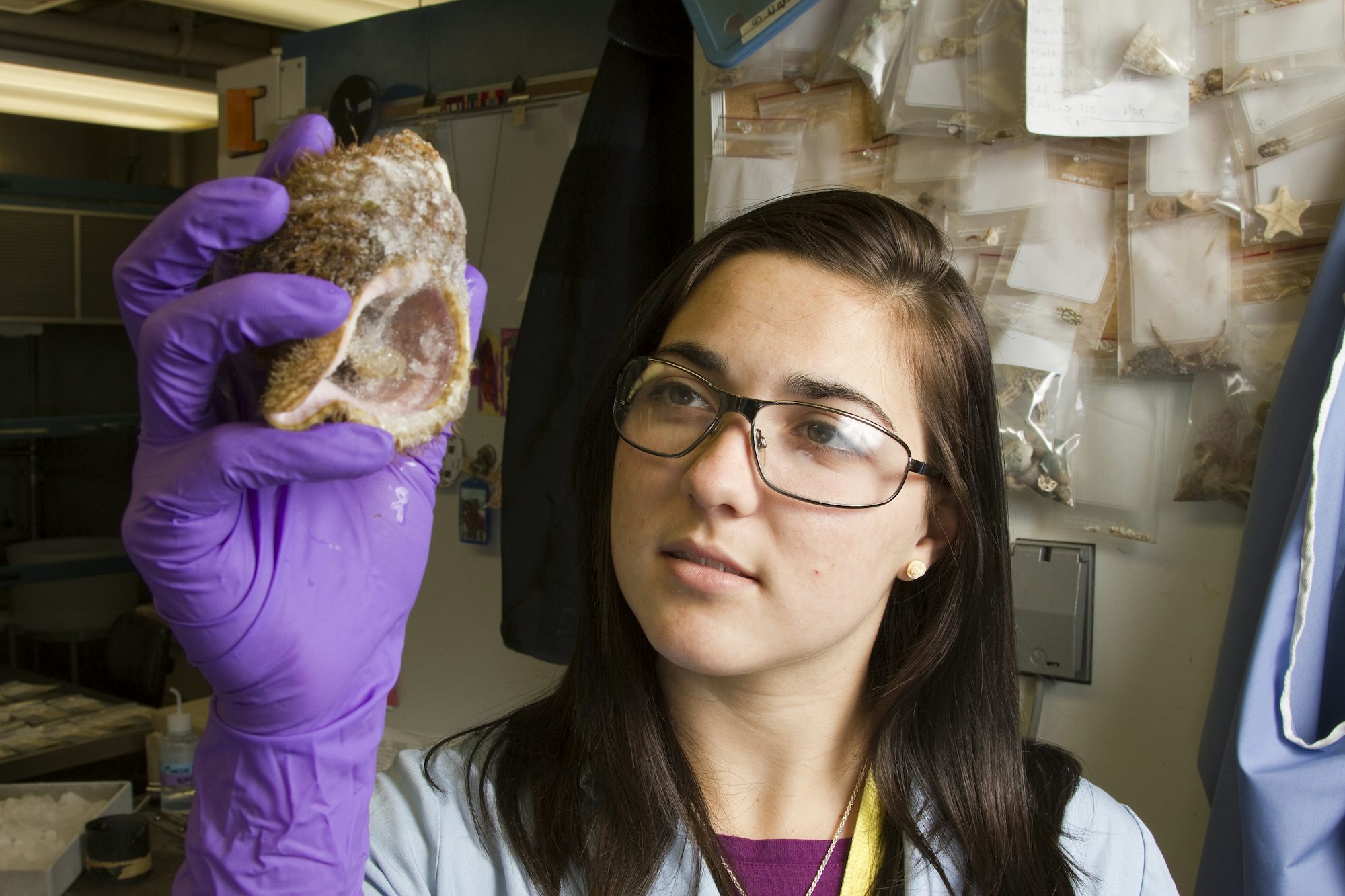
The Power of Creativity: pancreas Unlocking Your Potential
Creativity is a fundamental aspect of the human experience, shaping how we perceive the world and interact with it. From the arts to sciences, creativity drives innovation and problem-solving, making it essential in both personal and professional realms. This article delves into the significance of creativity, its benefits, and practical strategies to nurture and enhance creative thinking in everyday life.
At its core, creativity is about making connections. It involves seeing the world from different perspectives and finding new ways to approach challenges. This ability to think outside the box is not limited to artists or inventors; it is a skill that everyone can develop. In a rapidly changing world, where adaptability is key, fostering creativity can empower individuals to navigate life’s complexities more effectively.
One of the primary benefits of creativity is its role in enhancing problem-solving skills. When faced with a challenge, creative thinking allows individuals to explore multiple solutions rather than relying on traditional methods. This flexibility is particularly valuable in the workplace, where innovation is often the key to success. Organizations that cultivate a creative environment tend to be more resilient and better equipped to tackle challenges, leading to increased productivity and employee satisfaction.
Moreover, creativity contributes significantly to mental well-being. Engaging in creative activities can reduce stress and anxiety, providing a healthy outlet for self-expression. Whether through painting, writing, music, or other forms of art, creativity allows individuals to process emotions and experiences in a constructive manner. This therapeutic aspect of creativity is not only beneficial for personal growth but also fosters a sense of community when shared with others.
Nurturing creativity can be achieved through various practices. One effective method is to create an inspiring environment. Surrounding oneself with stimulating visuals, engaging books, and creative tools can spark new ideas and encourage exploration. Designating a specific space for creative activities can also help in establishing a routine, making it easier to prioritize time for creative pursuits.
Another important strategy is to embrace curiosity. Asking questions and seeking knowledge about diverse subjects can broaden one’s horizons and ignite the imagination. Curiosity fuels the desire to learn and explore, which is crucial for cultivating creativity. Taking time to explore new interests, whether through classes, workshops, or online resources, can inspire innovative thinking and provide fresh perspectives.
Additionally, setting aside time for unstructured play can enhance creativity. Allowing oneself to experiment without specific goals fosters a sense of freedom and encourages exploration. This could involve doodling, brainstorming, or even daydreaming. Engaging in play can lead to unexpected ideas and breakthroughs, reminding us that creativity thrives in a relaxed and open environment.
Collaboration also plays a vital role in enhancing creativity. Working with others can introduce new viewpoints and ideas that may not have been considered independently. Collaborative projects encourage dialogue and exchange of thoughts, leading to richer outcomes. Joining groups, attending workshops, or participating in community events can create opportunities for creative collaboration and foster a sense of belonging.
Embracing failure as a part of the creative process is another key aspect of nurturing creativity. Often, fear of failure can stifle innovative thinking. Recognizing that setbacks are an integral part of growth can alleviate this fear. Each unsuccessful attempt offers valuable lessons and insights that can inform future endeavors. By cultivating a mindset that embraces experimentation and learning, individuals can unlock their creative potential.
Incorporating mindfulness into the creative process can also be beneficial. Mindfulness encourages individuals to stay present and engaged in the moment, which can enhance focus and creativity. Simple practices such as meditation or mindful breathing can help clear mental clutter, allowing for deeper engagement with creative tasks. This heightened awareness can lead to more authentic and innovative ideas.
Furthermore, celebrating small victories can boost motivation and reinforce creative habits. Acknowledging progress, no matter how minor, fosters a positive mindset and encourages continued exploration. Keeping a journal to document creative ideas, experiences, and reflections can serve as a valuable resource for inspiration in the future.
As we navigate the complexities of modern life, prioritizing creativity can lead to a more fulfilling existence. Whether through art, music, writing, or other forms of expression, embracing creativity enriches our lives and enhances our ability to connect with others. In a world that often emphasizes productivity and efficiency, recognizing the importance of creativity as a means of self-discovery and connection is essential.
In conclusion, creativity is a powerful tool that can transform our lives in countless ways. By nurturing this essential skill through an inspiring environment, curiosity, collaboration, and mindfulness, individuals can unlock their potential and enhance their problem-solving abilities. Embracing creativity not only enriches personal experiences but also contributes to a more vibrant and innovative society. As we commit to cultivating our creative abilities, we open ourselves to new possibilities, experiences, and connections, ultimately leading to a more fulfilling and dynamic life.

